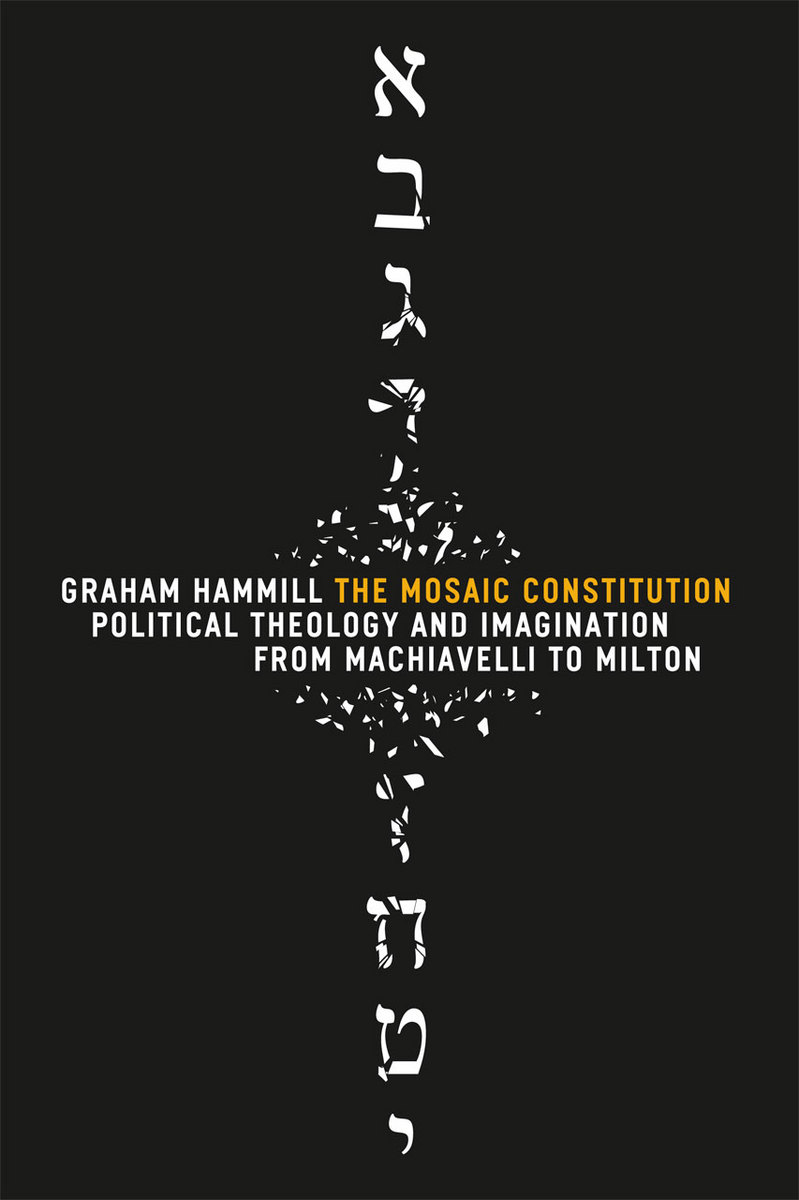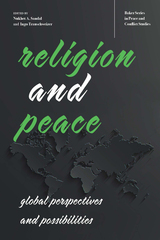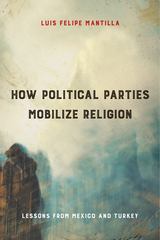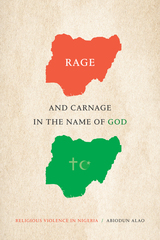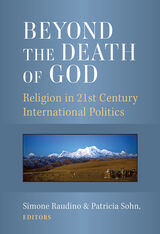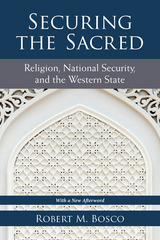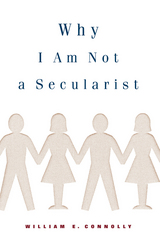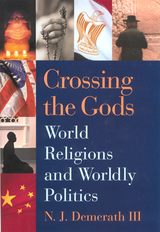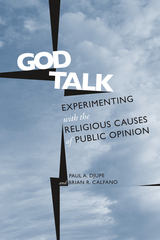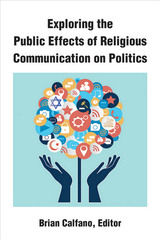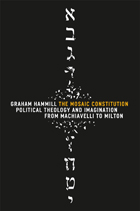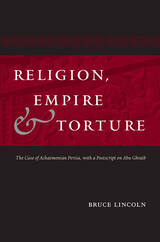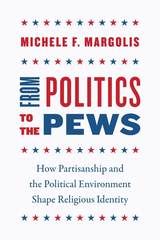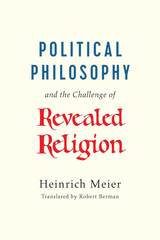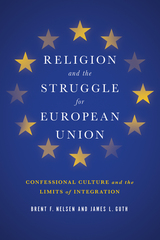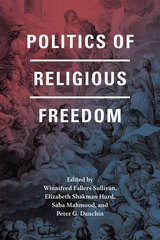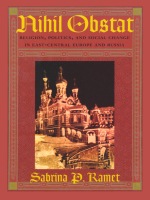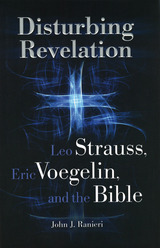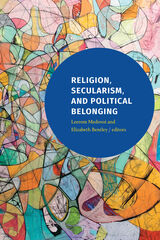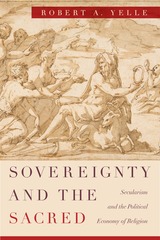The Mosaic Constitution: Political Theology and Imagination from Machiavelli to Milton
University of Chicago Press, 2012
eISBN: 978-0-226-31543-0 | Cloth: 978-0-226-31542-3
Library of Congress Classification BL65.P7H357 2012
Dewey Decimal Classification 320.01
eISBN: 978-0-226-31543-0 | Cloth: 978-0-226-31542-3
Library of Congress Classification BL65.P7H357 2012
Dewey Decimal Classification 320.01
ABOUT THIS BOOK | AUTHOR BIOGRAPHY | REVIEWS | TOC | REQUEST ACCESSIBLE FILE
ABOUT THIS BOOK
It is a common belief that scripture has no place in modern, secular politics. Graham Hammill challenges this notion in The Mosaic Constitution, arguing that Moses’s constitution of Israel, which created people bound by the rule of law, was central to early modern writings about government and state.
Hammill shows how political writers from Machiavelli to Spinoza drew on Mosaic narrative to imagine constitutional forms of government. At the same time, literary writers like Christopher Marlowe, Michael Drayton, and John Milton turned to Hebrew scripture to probe such fundamental divisions as those between populace and multitude, citizenship and race, and obedience and individual choice. As these writers used biblical narrative to fuse politics with the creative resources of language, Mosaic narrative also gave them a means for exploring divine authority as a product of literary imagination. The first book to place Hebrew scripture at the cutting edge of seventeenth-century literary and political innovation, The Mosaic Constitution offers a fresh perspective on political theology and the relations between literary representation and the founding of political communities.
See other books on: Early modern, 1500-1700 | Imagination | Machiavelli | Milton | Religion and politics
See other titles from University of Chicago Press
